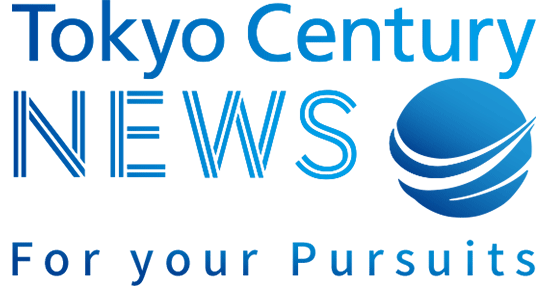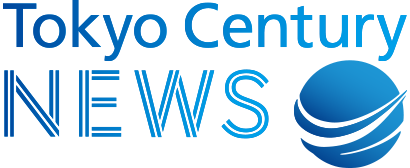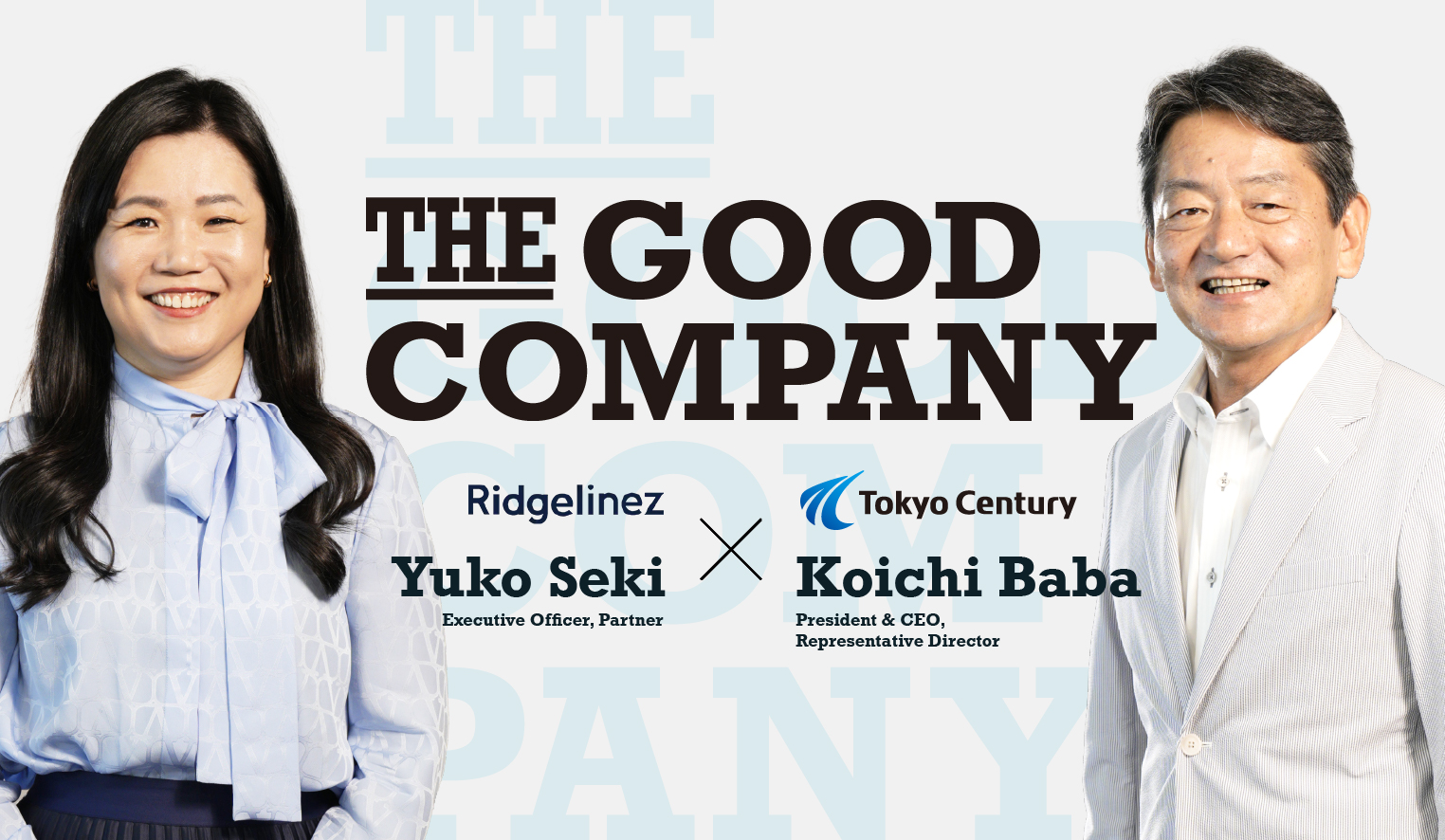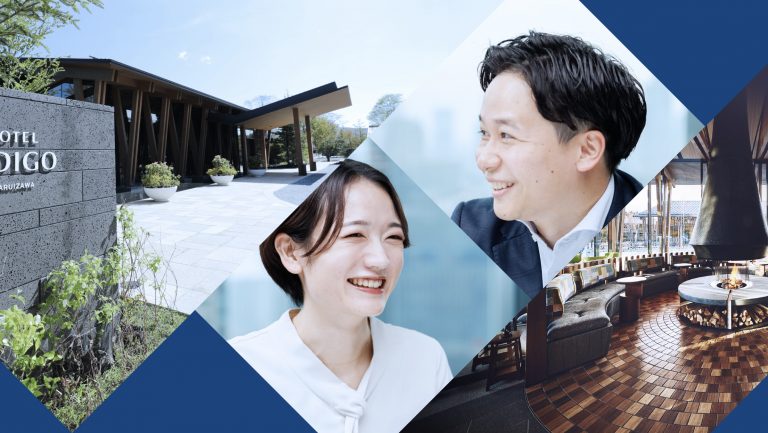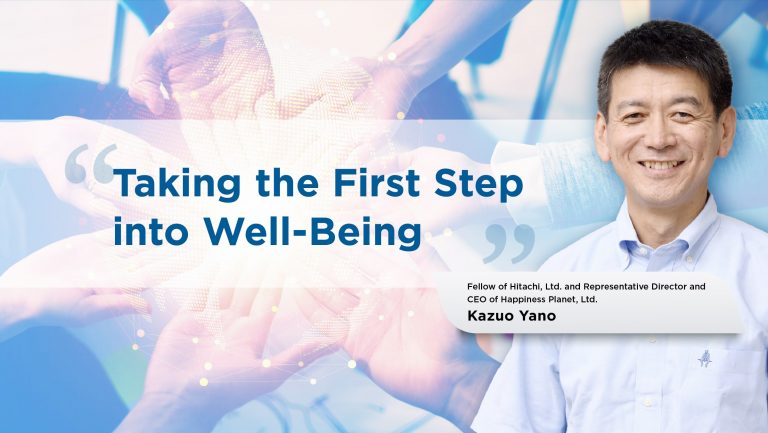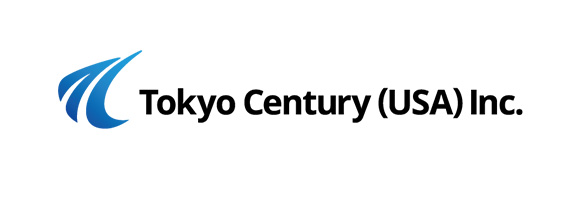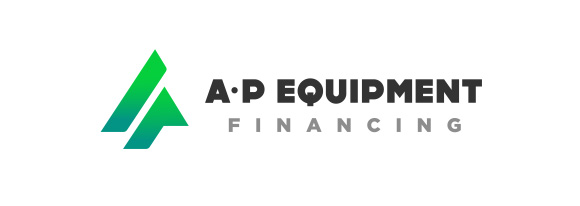
How the Top Team at Allegiant Partners Incorporated Put their Community and the Earth First
Oct 13, 2021
Since 1998, Allegiant Partners Incorporated (API) has been providing financing for businesses to acquire the equipment they need to serve their clients in an efficient and environmentally-friendly manner. But who are the people who guide this process? How do they help API to do the most it can for their community, and our environment? What are their hopes for the company going forward? We sat down with members of the executive team to get their input on why API’s work is so important, and how they contribute to making API a success.
Let’s Meet the Leaders of API
――Could you each give a brief overview of your role at API?
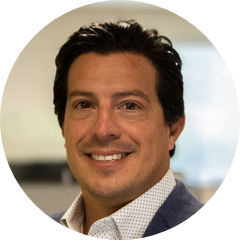
Chris Lerma
I’m the president of API. I was promoted to president at the beginning of this year, and previously, I was the chief risk officer and chief credit officer. I rose through the ranks of the company on the credit side, but was always involved in the accounting side, with a little bit of sales management and operations assistance mixed in. I’ve been with the company for 17 years, since 2004.
I will have been with API for 10 years this year, and I have a dual role, as chief operating officer and chief people officer. I’ve been in the industry equipment financing space for 22 years, working for other bank-owned leasing companies.
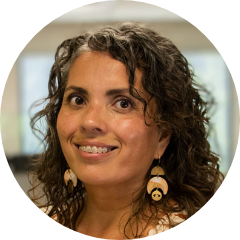
Raquel O’Leary
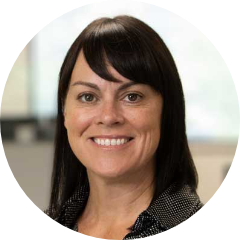
Lauren Mann
I’ve been with the company for three years now as HR manager, following an HR management career of about 13 years. I came on board to support API in creating HR policies and processes.
I’m chief marketing officer and chief technology officer. I joined the company in 2010, right after I got my MBA. I oversee the majority of our platform and all the various systems that connect to it, and I work with many of the individuals and stakeholders in our various departments.
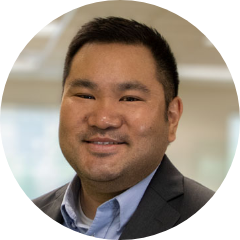
Nick Fong

Anna Payton
I have been with API for just under a year, and before this I had a social work-related career. I naturally transitioned into HR, and have many different responsibilities here, including as head of the company’s Culture Committee. I also work with insurance and benefits, do a lot of onboarding of new hires, and support Lauren and Raquel.
Effective environmental financing

――What are California’s environmental initiatives? Why are they important?

Chris Lerma
Usually in the US, California takes the lead in most environmental regulations and laws, and has the most aggressive greenhouse gas emissions standards. One example is a cap-and-trade program that started in 2012 and limited the amount of greenhouse gas emissions companies are allowed to emit every year. If they go over their allowance, they had to buy more credits, typically from other companies that produce clean, alternative energy.
Additionally, there are states such as California that are committed to transitioning consumer vehicles off of fossil fuels by 2035, and following suit are many large transportation corporations that plan to be carbon neutral in a similar timelines.

Nick Fong
――What is the CalCAP program?

Chris Lerma
CalCAP is a program sponsored by the California Air Resources Board. It was created to encourage lenders and financial institutions, like AP, to make loans to small businesses for clean diesel engines for medium and heavy-duty engines. It’s been very successful and, since its creation, API has financed roughly 600 clean diesel trucks for 525 companies, making approximately $46 million in loans.
――How does the program help API to promote environmentalism?

Chris Lerma
Our goal is to always try to think about ways to make the environment a better place. Thanks to this program, we’re able to offer small businesses the competitive financing without which they would continue to use dirty trucks.
――Could you please tell us in more detail how the services we provide for arborists helps to protect the environment?
We’ve been providing funding for the tree care space for more than 10 years. We provide equipment for tree care and arbor professionals who understand what it takes to properly care for trees, whether they be in a garden, on the side of a freeway, near power lines or elsewhere. We also provide equipment and funding for wildfire clean-up.

Nick Fong

Chris Lerma
A lot of these arborists also do clean-up work in the mid-west or on the east coast. When there is a hurricane in Florida, for example, they’ll take a crew to that area and spend three months just cleaning up. These aren’t just logging companies cutting down trees and selling lumber, they treat trees and help keep them alive, when possible, while also strategically cutting down trees and clearing brush from areas that are susceptible to catching fire.In the United States, though people might not be accustomed to thinking of their state as a potential victim of climate change, hurricanes, bushfires, or tornadoes, the reality remains that you might suffer from the consequences of global warming are real. And these consequences cannot be ignored. API works to compensate for the damage that can be felt, as well as working to prevent any damage from climate change.
Careful management today for a sustainable tomorrow
――How important is sustainability to API?
It is really important to our organization. As an organization, and as an executive committee, we try and make changes while keeping sustainability in mind in everything we do. One of the best examples of that is when Raquel set up DocuSign. For our stakeholders, it was a way of getting documents signed faster, but as a result, we reduced our paper waste tremendously.

Nick Fong
It was incredible. We became fully digital at that point, with the exception of some states that require paper titles for vehicles. But it’s very sustainable and efficient, and allows us to scale for growth.

Raquel O’Leary

――How else does API promote sustainability?
Our organization really encourages a culture of innovation and problem solving. One thing we did is create incentives for our accounting team and our customer service team to transition to automated clearing house payments. It may seem small, but not sending things through the mail not only meant that our customers could send payments more quickly, but we also aren’t buying as much paper or as many envelopes. It all adds up.

Nick Fong
I think I can speak for the executive team when I say that we are all great lovers of the earth. We live in a town where we’re surrounded by the wilderness, and it’s part of why we love to live and work here. When we’re more efficient, we’re more sustainable, but it also creates an amazing customer experience that allows us to grow. We want to save the earth, but we also want to grow our business and be profitable. For us, it’s win-win.

Raquel O’Leary
API’s Number One Strength? Diversity
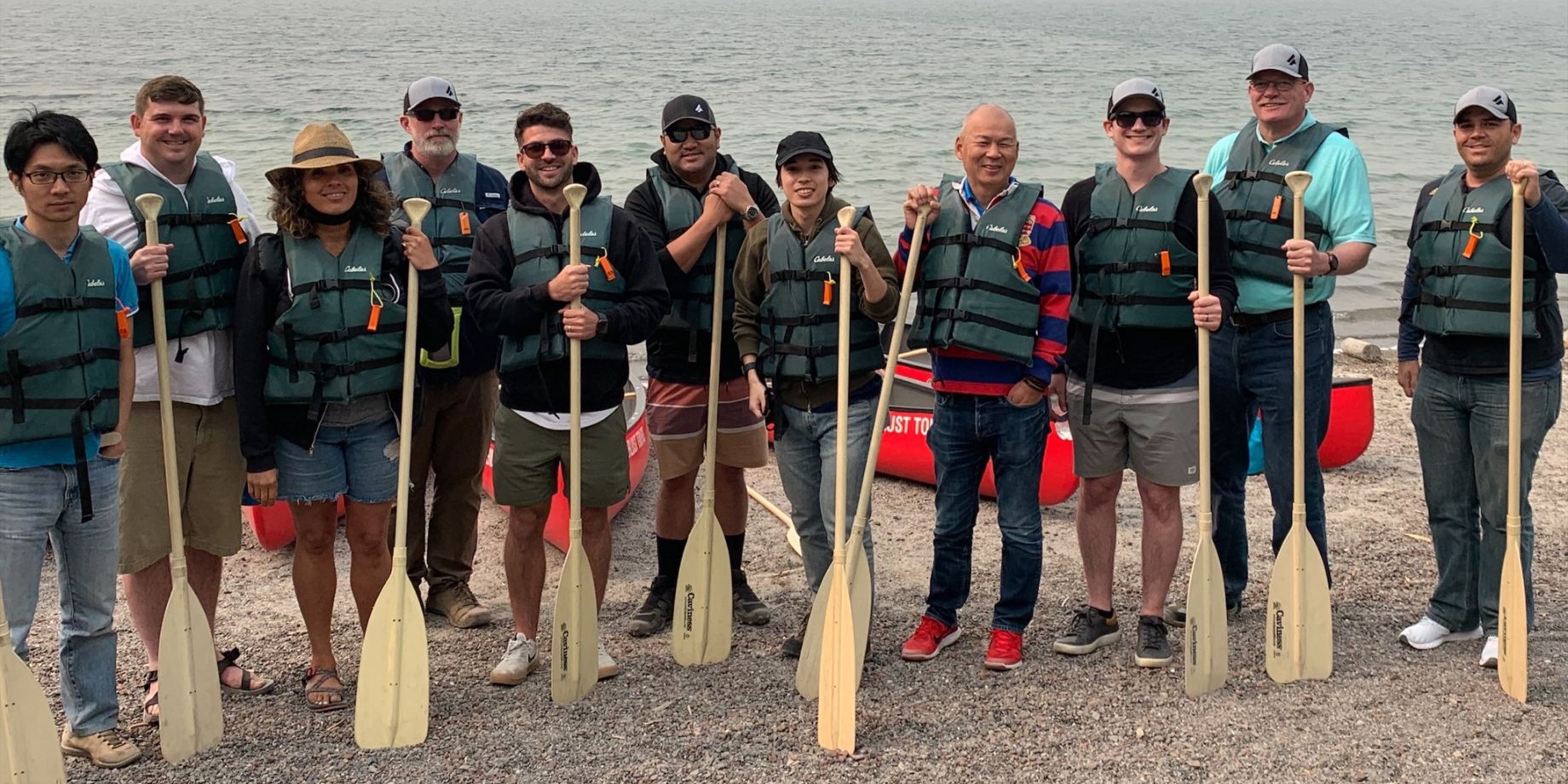
――What diversity, equity, and inclusion (DEI) initiatives is API engaged in?
I prioritize diversity, equity, inclusion, and education for both the executive team and our staff members. When we moved the company to Bend, Oregon, one of my biggest priorities was to get involved in the community. I got in touch with leaders in the town, and was fortunate enough to connect with a professor at Oregon State University who helped us curate and craft a program for everyone at AP, which has allowed us to create a space that promotes accepting everybody for who they are.

Raquel O’Leary

Chris Lerma
This isn’t a quick presentation where you take a short quiz afterwards. It’s very engaging, and is required for all employees. The professor discusses real life situations, and we receive a lot of good questions and candid thoughts and feelings from our employees, which gives us as manager better insight into the cross section of the cultures of our company.
It’s been amazing having such a good resource to navigate some tough conversations.

Raquel O’Leary
――Why is DEI important for API?
It’s important because we need to create a space where everyone is welcome. Diversity is not just about the color of our skin, or our ethnicity, it’s also about diverse ways of problem solving. We really want to create a space for people to truly be themselves and be the most innovative, creative, and empowered people they can be to help us grow the company.

Raquel O’Leary

Lauren Mann
I see DEI as the core part of creating a sustainable company -- and world. We all know sustainability is really important to the environment, but by encouraging involvement and participation from all members of our community, we get more diversity in our recruiting, which makes us a better business. I feel it’s our job as a group to help with that, and I think our diversity is only going to expand further.

Chris Lerma
We’re part of a global company, the Tokyo Century Group, so there’s a lot of different cultures. To us as managers, being diverse and having a global outlook is going to be beneficial for Tokyo Century USA long term.
Contributing to the Community
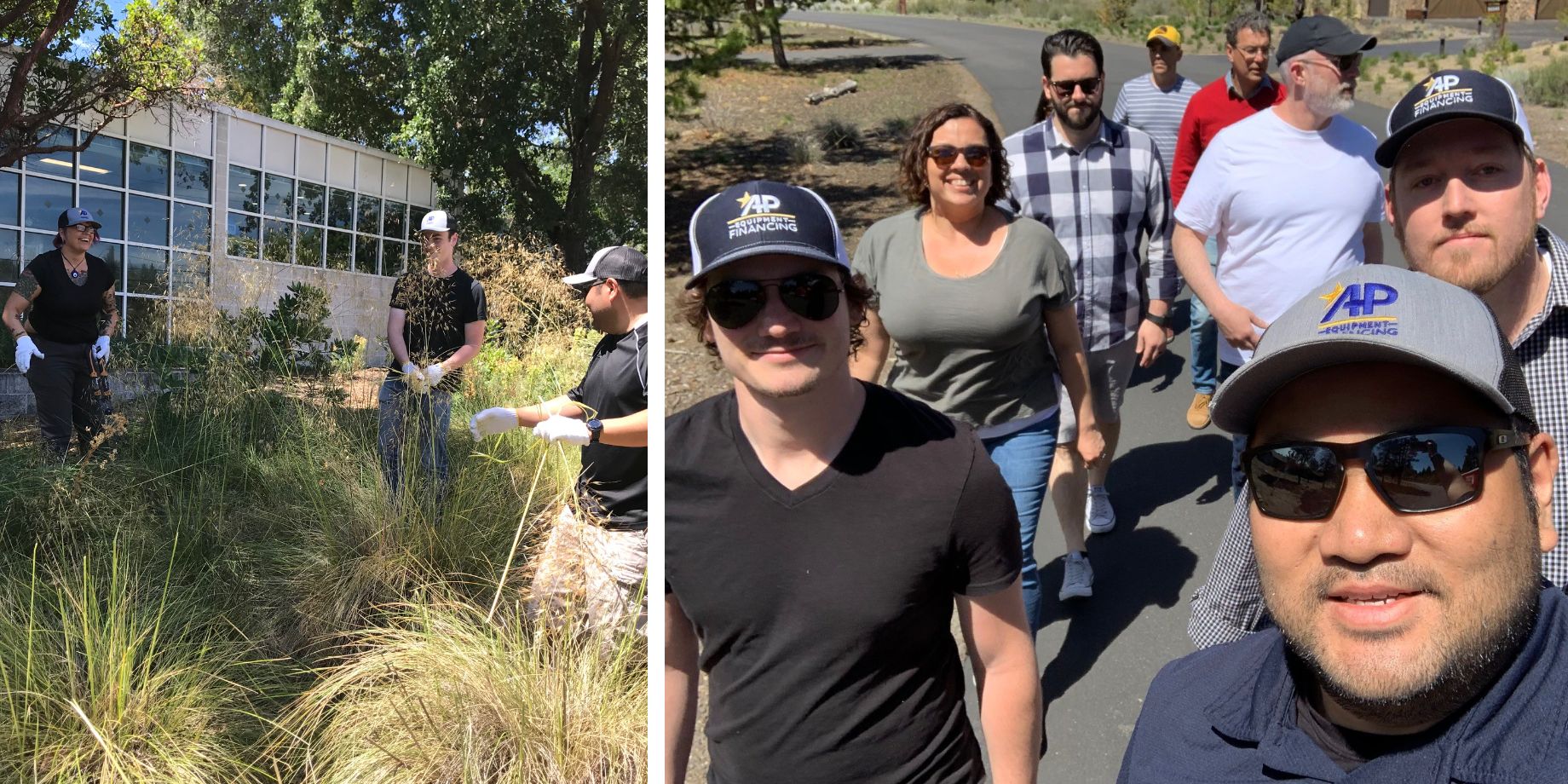
Left: Volunteer event in 2019 cleaning up weeds at a local non-profit wildlife museum.
Right: At a senior planning meeting in 2019. In API teams conduct meetings while going on a small walk and enjoy the outdoors.
――What other CSR activities is API involved in?

Anna Payton
I’m head of the culture committee, and one example of how we get involved in our local community is raising funds through bingo nights. We put on a fun event for our employees, and all of the funds that we raise during that event will go to a local non-profit. Not only that, we involve AP’s employees in deciding what organizations we want to fundraise for. It’s just been a great opportunity for us to get our employees involved in the community.

Lauren Mann
We send a survey company-wide asking what organization employees are passionate about and why, and then we come together as a leadership group and donate money to those organizations every year. This year, we donated about $6,000 to roughly 10 different organizations -- and our employees really appreciate this.
Looking Ahead

――How do you all intend to move API forward in the years to come?

Chris Lerma
We’ll continue to prioritize sustainability and diversity. We’ve always been big proponents of the environment and sustainability, but being part of Tokyo Century USA and understanding the group’s corporate culture means we’re making it even more of a priority than before.
Keeping our corporate culture alive and healthy, engaging with our employees, and developing talent will always be huge goals of mine. Chris, Nick, and I have worked together for 10 years, and we all want to work to create a sustainable culture and environment, which will be key to our success as a business.

Raquel O’Leary
One of the things we’re working on now is figuring out how to push an electric vehicle or carbon neutral vehicle initiative for various facets of the transportation industry, including package delivery. When you get a package delivered, it’s normally by a gas or diesel vehicle. We want to be part of the transition to commercial electric vehicles.

Nick Fong

Lauren Mann
From an HR perspective, I think promoting diversity in recruitment is something we want to expand. We want individuals who have the kind of differences that will make a difference to our company. We also want to start looking at career development opportunities within Tokyo Century USA, which I think is really exciting.

Anna Payton
I want to keep coming up with creative ways to get everybody involved in our company’s culture, and implement DEI more through the Culture Committee.
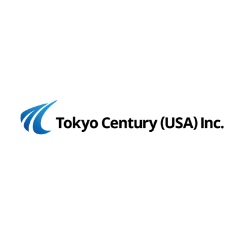
Tokyo Century (USA) Inc.
Established in 1985 and headquartered in New York, TCUSA handles small ticket lending projects related to trucks and forklifts while also collaborating on financing projects with automobile manufacturers and manufacturers of agricultural equipment and construction machinery.
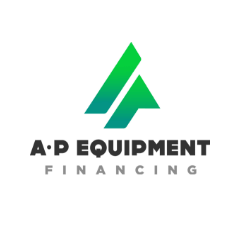
Allegiant Partners Incorporated.
Launched as a venture company in 1998, API joined Tokyo Century Group as a wholly owned subsidiary of TCUSA in 2019. Currently based in Oregon, API pursues general leasing and financing businesses focused on small and medium-sized trucks, arbor equipment and vehicles.
*The contents of the article and the position titles are as of the date posted.
RECOMMEND ARTICLES
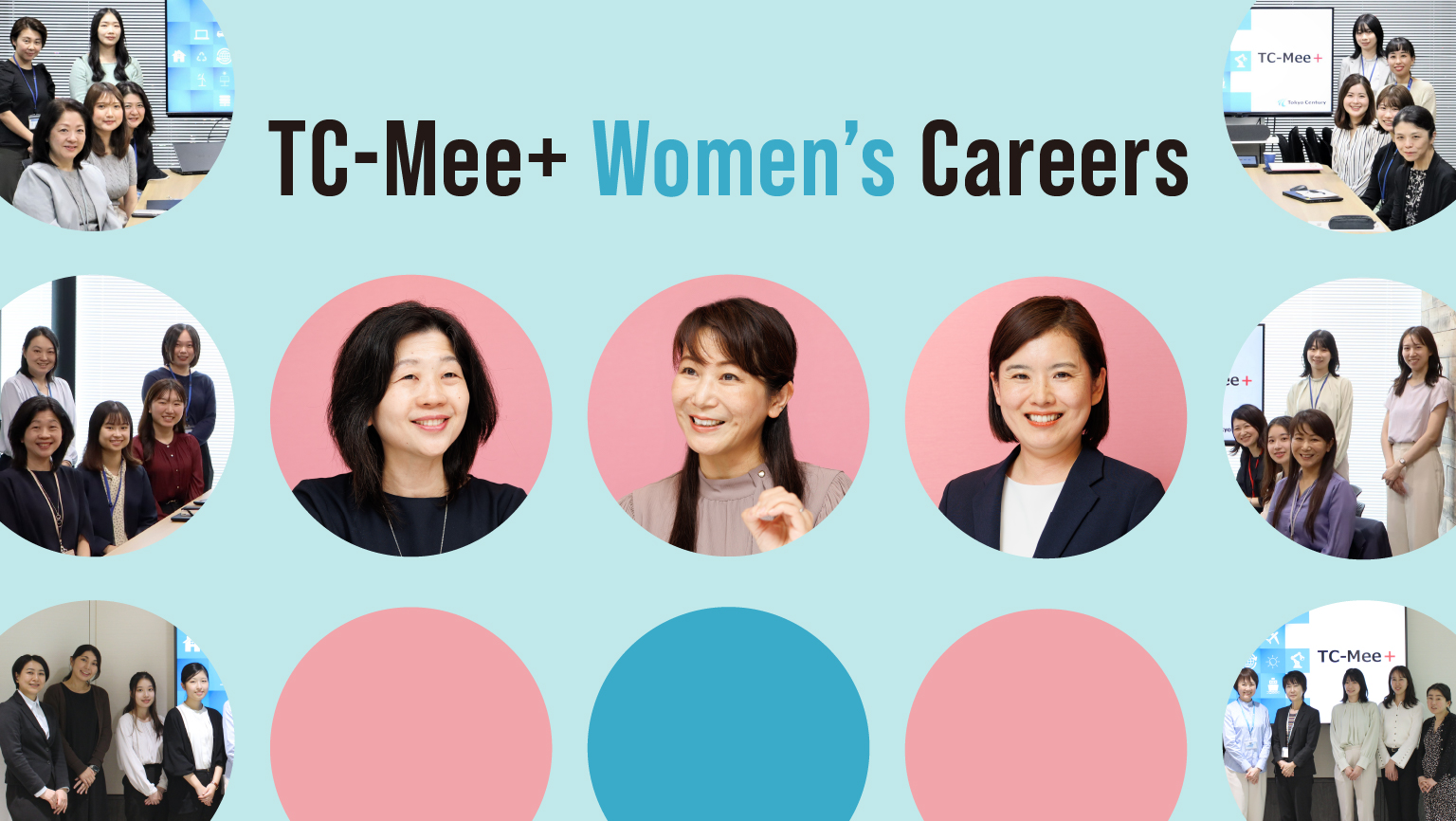
Dec 13, 2024
Since fiscal 2022, T…
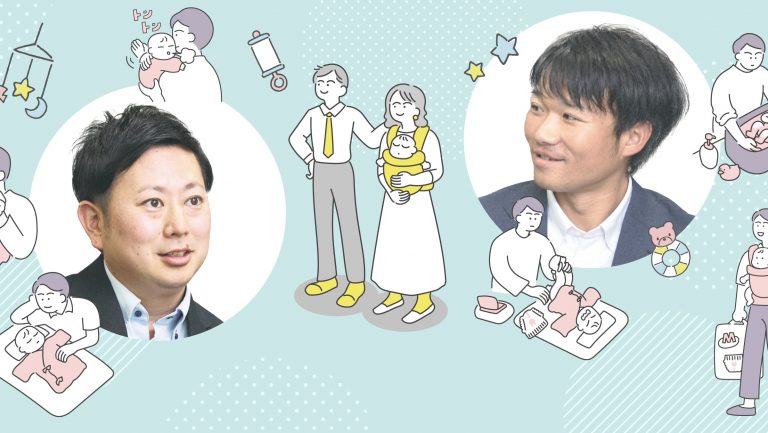
Feb 28, 2024
With the Act on Chil…
